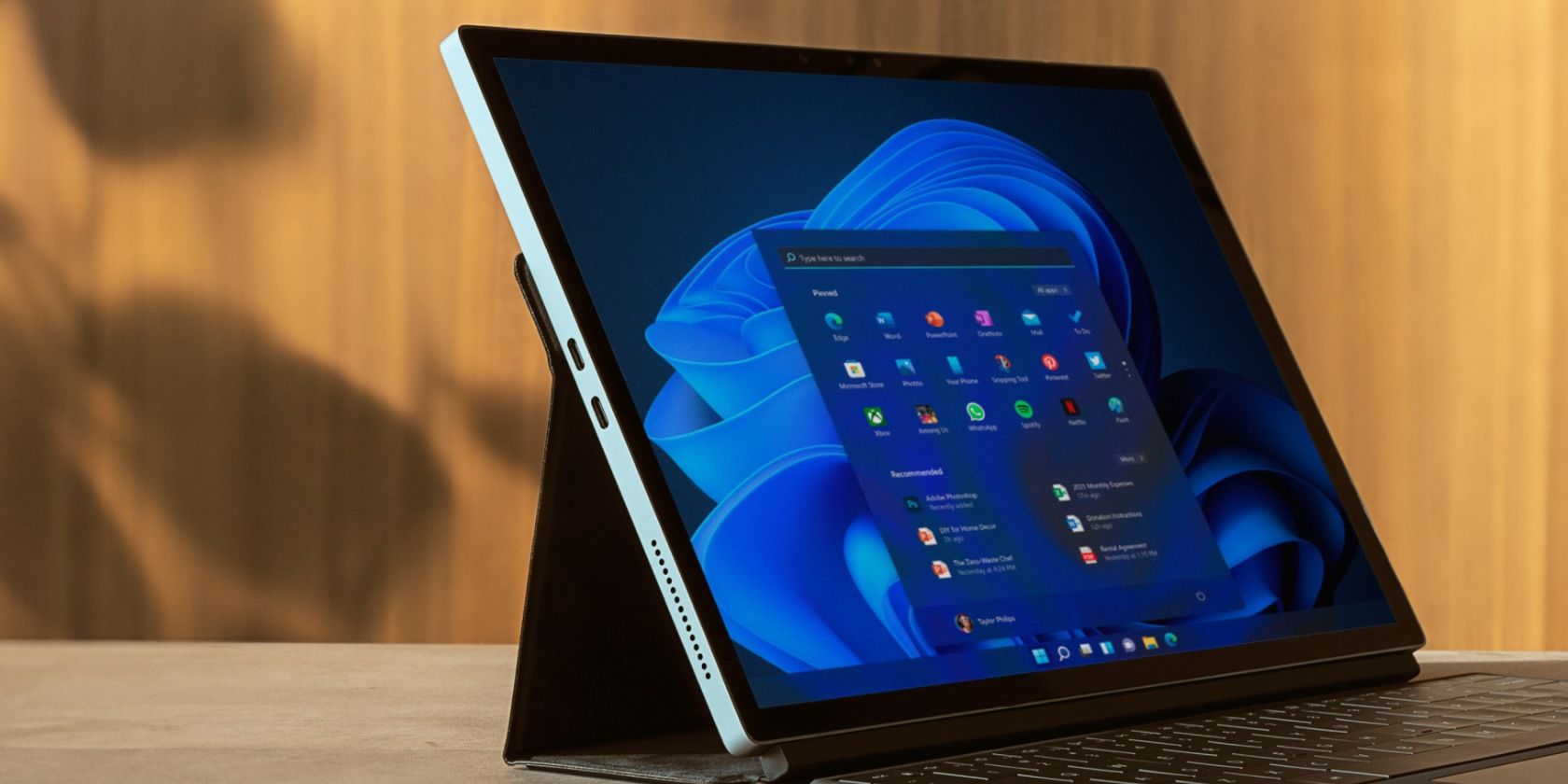
Exploring Task Mining: Enhancing Your Approach to Workplace Efficiency - Insights From the ABBYY Blog

Exploring Task Mining: Enhancing Your Approach to Workplace Efficiency - Insights From the ABBYY Blog
Task Mining Extends ABBYY Process Intelligence with Desktop Analytics
Ryan Raiker
October 13, 2020

Enterprises continue to face rising challenges when it comes to quickly and accurately processing content such as documents, forms, images, and email communications. It can require an enormous amount of manual work to find specific information in a document, perform data entry, and route the document for review and approval. Employees are continuously being dedicated to performing these error-prone tasks of processing content, and not without an impact on operations and customer experience.
The best personal assistants in the modern digital enterprise won’t be fueled by coffee, rather they will be powered by ones and zeros – they’ll be robotic. When you think about the needs of these robots, most of the tasks they will complete will require a human skill. In today’s business environment, driven by digital technologies like Robotic Process Automation (RPA) and other automation tools, a higher level of intelligence is required when it comes to processing content. Smarter technology is needed, but it must also be easy to train and consume in the automation tools.
These skills can be found in Process Intelligence. Now, when you want to identify where these robotic assistants will add the most value and impact to your organization, you must understand how your people work. Business Intelligence and process mining tools have tried to answer questions about how our businesses function based on KPIs, but often lack in providing advanced analysis into how people, processes, and content connect in the enterprise. ABBYY provides the skills and the understanding to do this.
What is Task Mining - the future of Task Analytics
Task mining enables companies to understand how they manage tasks by collecting and analyzing user interactions. Such an in-depth understanding can help enterprises automate and improve processes. Task mining has parallels with process mining, but it uses user interaction data, rather than logs files and business metrics, to analyze processes.
Because task mining logs user interactions on the computer in real-time, it can also infringe on users’ privacy. Therefore, these tools must also address data privacy and safeguard users’ personal data. With the increasing popularity of this technology, this will be one of the main challenges for task mining vendors.
It’s not enough to be able to extract data from any system of record. To deliver a 360-degree view of your business operations that enables true business transformation connecting People, Processes and Data, you need to mine user interactions and their impact on overall process execution.
ABBYY Task Mining capabilities discover, analyze, monitor, and predict process behavior by extracting and combining knowledge from desktop activities and event logs related to human centered, case-based processes with a high degree of variability. ABBYY Task Mining analyzes desktop user interaction data and seamlessly links it with process details mined from system event data, so you can see where repetitive and inefficient tasks are slowing your processes and allocate resources in the right places to resolve them.
Why does it matter?
The future of work requires us to think about work in a more fluid way. We must reimagine the way work gets done, across multiple people, machines, and interactions. Breaking work down into tasks is the most sustainable way to segue into a sustainable hybrid human and machine workforce.
How Does Task Mining Work?
Here is a step-by-step description of how task mining works:
Task Recording
Recording of user interaction data is necessary to collect data on user interactions; to this end, an agent is set up on each employee’s desktop. This agent stores and collects each user’s interactions on his or her desktop by taking screenshots and capturing information at intervals, which are sent back to the software.
Task Analysis
Automatically identifies patterns of user interactions by sampling multiple task operations to detect variabilities in task execution. Combines user interaction from desktop activities and Timeline operational event logs with an easy-to-use, point-and-click interface that surface opportunities for automation.
Context Recognition (OCR)
Using advanced intelligent Optical Character Recognition (OCR) technologies, all user interaction data is detected during the recording process and converted into structured contextual information related to the user’s various tasks.
Advanced Custom Recording
Higher levels of detail in the task analysis will result in a more advanced recording. Customized recording allows the agent to track everything that occurs during the execution of the task and can therefore recover information on how each task is run. The same task can be approached differently by each resource in terms of steps performed, time spent, and time lost.
Watch the video below to see Task Mining capabilities in action!
ABBYY Task Mining Demo
How does task mining differ from process mining?
Task mining technology extends the capabilities of process mining, and both aim at improving process efficiency.
Process mining centers on performance metrics and the order of process steps to determine how a process is treated. With the help of log files, it allows companies to see the actual stages of completion of a process and pinpoint bottlenecks using business data such as key performance indicators (KPIs) for process improvement or the discovery of automation opportunities.
Moreover, task mining looks at how companies manage a specific step of the process through recordings and snapshots. Here, it helps companies identify what employees actually do when they perform a particular task and identify the common actions through user interactions. This data is then used to improve processes.
Task mining demonstrates how companies run their tasks more accurately, and process mining allows them to use user interaction data to understand how accurately they are executing their processes.
Benefits of Task Mining
Given that task mining is a different form of process mining, its main advantages are similar to that of process mining. Still, task mining brings a more in-depth view of the processes. It allows companies to monitor how they perform their tasks and aims to improve the way employees perform their tasks and automate these tasks where possible.
Productivity
Task Mining supplies unique productivity data that you can’t get from business data alone. There are two types of productivity analysis:
- Resource Productivity: It helps see how productive each user is and the amount of time each user has spent on different applications and websites. It also helps discover which applications and websites are frequently used and identifies which users are highly productive.
- Task Productivity: It helps you to delve into the details of each task in the process to determine which tasks the most productive users are working on and which tasks are being worked on in parallel.
Improvement Evaluations
- Uncover Automation Opportunities: It uses insights on performance, productivity, and frequency to help surface the biggest opportunities for automation. It also helps automate common processes and unproductive, repetitive tasks.
- Alert to Process Violations: Protocol analysis uncovers areas where required process execution rules are violated, including the order in which the tasks and process steps should occur, time limits of how long certain events should take, and when any step is missing or repeated.
- Reduce Process Gaps: It helps develop strategies to narrow the most critical process gaps by addressing the corresponding root causes.
- Discovery, Compliance, and Performance: It helps combine Task Mining (user interaction data) and Process Mining (business data) when conducting business process analysis to provide a whole new level of insight, such as:
- Process discovery
- Conformance checking
- Root cause analysis
- Segregation of duties
- Performance analysis (time and costs)
Task Mining offers considerable advantages for all modern organizations because it allows them to discover the inefficiencies of manual work models outside of their transactional systems and to measure and optimize the productivity of their staff. It is a complementary tool to Process Mining and not a competitor.
Understanding the intersection of your people, processes, and data is the starting point for true business transformation. The ability to connect the dots between user task data, system logs, and business data empowers organizations to reduce process friction, improve customer service, and accelerate digital transformation.
Learn more about ABBYY Process Intelligence with Task Mining here .
Digital Transformation Enterprise OCR Process Mining

Ryan Raiker
Like, share or repost
Share
Subscribe for blog updates
First name*
E-mail*
Сountry*
СountryAfghanistanAland IslandsAlbaniaAlgeriaAmerican SamoaAndorraAngolaAnguillaAntarcticaAntigua and BarbudaArgentinaArmeniaArubaAustraliaAustriaAzerbaijanBahamasBahrainBangladeshBarbadosBelgiumBelizeBeninBermudaBhutanBoliviaBonaire, Sint Eustatius and SabaBosnia and HerzegovinaBotswanaBouvet IslandBrazilBritish Indian Ocean TerritoryBritish Virgin IslandsBrunei DarussalamBulgariaBurkina FasoBurundiCambodiaCameroonCanadaCape VerdeCayman IslandsCentral African RepublicChadChileChinaChristmas IslandCocos (Keeling) IslandsColombiaComorosCongo (Brazzaville)Congo, (Kinshasa)Cook IslandsCosta RicaCroatiaCuraçaoCyprusCzech RepublicCôte d’IvoireDenmarkDjiboutiDominicaDominican RepublicEcuadorEgyptEl SalvadorEquatorial GuineaEritreaEstoniaEthiopiaFalkland Islands (Malvinas)Faroe IslandsFijiFinlandFranceFrench GuianaFrench PolynesiaFrench Southern TerritoriesGabonGambiaGeorgiaGermanyGhanaGibraltarGreeceGreenlandGrenadaGuadeloupeGuamGuatemalaGuernseyGuineaGuinea-BissauGuyanaHaitiHeard and Mcdonald IslandsHoly See (Vatican City State)HondurasHong Kong, SAR ChinaHungaryIcelandIndiaIndonesiaIraqIrelandIsle of ManIsraelITJamaicaJapanJerseyJordanKazakhstanKenyaKiribatiKorea (South)KuwaitKyrgyzstanLao PDRLatviaLebanonLesothoLiberiaLibyaLiechtensteinLithuaniaLuxembourgMacao, SAR ChinaMacedonia, Republic ofMadagascarMalawiMalaysiaMaldivesMaliMaltaMarshall IslandsMartiniqueMauritaniaMauritiusMayotteMexicoMicronesia, Federated States ofMoldovaMonacoMongoliaMontenegroMontserratMoroccoMozambiqueMyanmarNamibiaNauruNepalNetherlandsNetherlands AntillesNew CaledoniaNew ZealandNicaraguaNigerNigeriaNiueNorfolk IslandNorthern Mariana IslandsNorwayOmanPakistanPalauPalestinian TerritoryPanamaPapua New GuineaParaguayPeruPhilippinesPitcairnPolandPortugalPuerto RicoQatarRomaniaRwandaRéunionSaint HelenaSaint Kitts and NevisSaint LuciaSaint Pierre and MiquelonSaint Vincent and GrenadinesSaint-BarthélemySaint-Martin (French part)SamoaSan MarinoSao Tome and PrincipeSaudi ArabiaSenegalSerbiaSeychellesSierra LeoneSingaporeSint Maarten (Dutch part)SlovakiaSloveniaSolomon IslandsSouth AfricaSouth Georgia and the South Sandwich IslandsSouth SudanSpainSri LankaSurinameSvalbard and Jan Mayen IslandsSwazilandSwedenSwitzerlandTaiwan, Republic of ChinaTajikistanTanzania, United Republic ofThailandTimor-LesteTogoTokelauTongaTrinidad and TobagoTunisiaTurkeyTurks and Caicos IslandsTuvaluUgandaUkraineUnited Arab EmiratesUnited KingdomUnited States of AmericaUruguayUS Minor Outlying IslandsUzbekistanVanuatuVenezuela (Bolivarian Republic)Viet NamVirgin Islands, USWallis and Futuna IslandsWestern SaharaZambiaZimbabwe
I have read and agree with the Privacy policy and the Cookie policy .
I agree to receive email updates from ABBYY Solutions Ltd. such as news related to ABBYY Solutions Ltd. products and technologies, invitations to events and webinars, and information about whitepapers and content related to ABBYY Solutions Ltd. products and services.
I am aware that my consent could be revoked at any time by clicking the unsubscribe link inside any email received from ABBYY Solutions Ltd. or via ABBYY Data Subject Access Rights Form .
Referrer
Last name
Query string
Product Interest Temp
UTM Campaign Name
UTM Medium
UTM Source
ITM Source
GA Client ID
UTM Content
GDPR Consent Note
Captcha Score
Page URL
Connect with us
Also read:
- [New] Dare to Differentiate Using Square Videos for Social Media Standout
- [New] The Top 25 Mobile Editors for DJi Filmmaking for 2024
- 1. Quick Guide: Watching Your Videos Anywhere - Convert WMV Files to VOB Format with Ease!
- 完美解決方法:以Movavi 轉換器將線上VOB文件自動改為 MJPEG格式
- Capturando Solo Una Parte De La Pantalla Con Windows
- Descargar Y Convertir Archivos MKV a Formato WAV Sin Coste: Guía Paso a Paso Con Movavi
- In 2024, 3 Ways to Fake GPS Without Root On Samsung Galaxy XCover 7 | Dr.fone
- In 2024, Free Video Editing Solutions for 32-Bit Windows Top Picks
- Mondly’s Triumph in Apple's Educational Apps Top Ten Countdown
- Updated Transforming Vocal Landscapes A Methodical Approach to Swapping Video Audio Tracks (Part 1) for 2024
- Title: Exploring Task Mining: Enhancing Your Approach to Workplace Efficiency - Insights From the ABBYY Blog
- Author: Joseph
- Created at : 2024-09-30 23:30:42
- Updated at : 2024-10-03 12:19:27
- Link: https://solve-manuals.techidaily.com/exploring-task-mining-enhancing-your-approach-to-workplace-efficiency-insights-from-the-abbyy-blog/
- License: This work is licensed under CC BY-NC-SA 4.0.